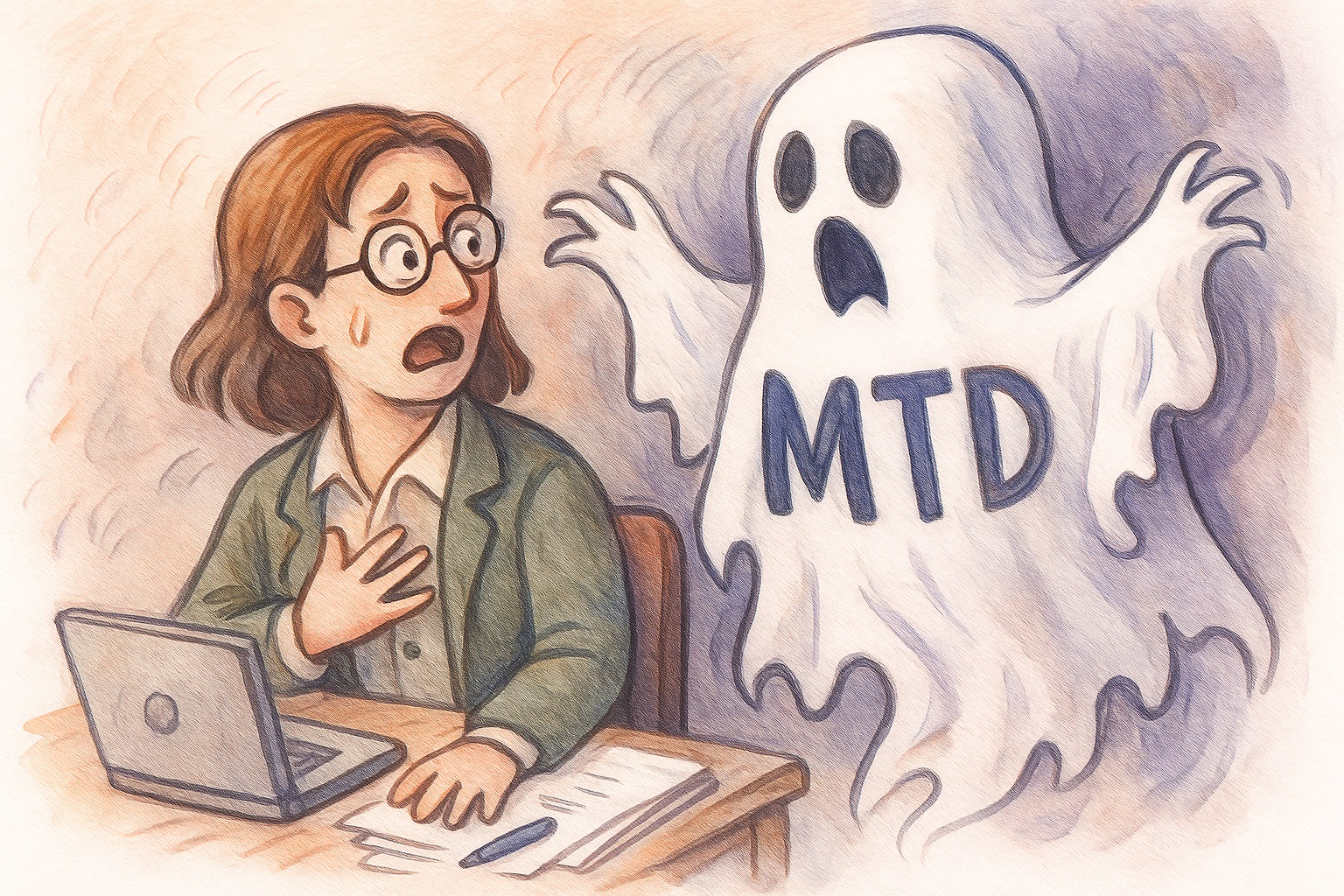Why AI? Why now?
Let’s be honest — if you’re still manually chasing receipts, wrestling with spreadsheets, or spending hours reconciling bank transactions, then we have one question for you: why?
Because in 2025, the real question isn’t “should I use AI in my practice?” — it’s “why haven’t I already?”
Let’s talk about how AI isn’t just a tech trend or buzzword. It’s a game-changer for accountants and bookkeepers, offering time-saving, stress-reducing, precision-powered support that frees you from the repetitive stuff and lets you focus on the things that actually need your brain.

What Is AI Good For, Anyway?
Before we dive into the accounting-specific magic, let’s give AI its moment.
AI (artificial intelligence) is good at:
Spotting patterns in large sets of data (think Sherlock Holmes, but faster).
Automating repetitive tasks without needing a coffee break.
Making predictions based on past behaviour (kind of like a really intuitive assistant).
Working 24/7. Rain or shine. Holiday or year-end. No excuses.
It’s not about replacing people. It’s about replacing problems.
The benefits of AI for Accountants
Now to the real heart of it — why it is tailor-made for the accounting world:
1. Manual Work is Eating Your Day
From coding transactions to chasing receipts, bookkeeping is full of admin that AI can munch through in seconds. Smart automation tools can categorise bank transactions, extract data from invoices, and even flag anomalies — leaving you free to focus on clients and strategy, not Ctrl+C/Ctrl+V.
2. Compliance Isn’t Optional
With regulations (like MTD) tightening, AI helps ensure accuracy and consistency across records. It’s your digital safety net — one that’s better at following rules than even your most meticulous staff member.
3. Clients Want More Than Just Numbers
Today’s clients want insight, not just totals. AI can crunch the numbers so you can focus on providing advice, forecasts, and strategic support — the things that clients actually value. You’re not just a bookkeeper anymore; you’re their financial co-pilot.
4. Your Team Needs Breathing Room
Burnout in the industry is real. By handing over the repetitive stuff to tech, your team can focus on meaningful work — and maybe even leave on time (imagine that).
5. Staying Competitive Isn’t a Choice
AI isn’t a luxury anymore. It’s the baseline. Practices using AI are faster, leaner, and more scalable. Not adopting it is like choosing to type with one hand while the competition has an entire team of robots helping out.
The Accounting Landscape Is Shifting
The sector is transforming. Hybrid work, digital-first clients, and cloud accounting platforms have all pushed firms toward automation. AI isn’t coming — it’s here. And it’s not just for the tech-savvy giants. Tools are now accessible, affordable, and built to play nice with your existing systems.
Accountants who embrace AI now aren’t just keeping up — they’re future-proofing. Whether it’s automating reconciliations, predicting cash flow, or alerting you to weird spending habits before they become a crisis, AI has your back.
The Bottom Line
It saves time.
It cuts costs.
Errors? Significantly reduced.
You can scale without hiring an army.
Clients get the fast, insightful service they now expect.
And your team? Finally freed up to do work that matters.
Let’s face it — you didn’t become an accountant to drown in repetitive tasks. You did it to help people, solve problems, and bring order to the financial chaos.
AI helps you do that — faster, smarter, and with a lot less stress.



